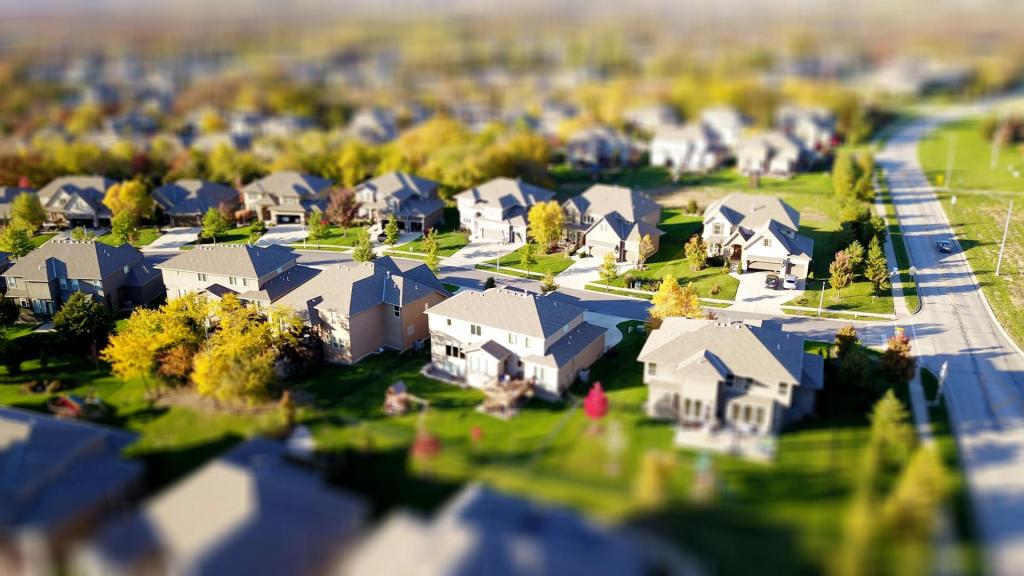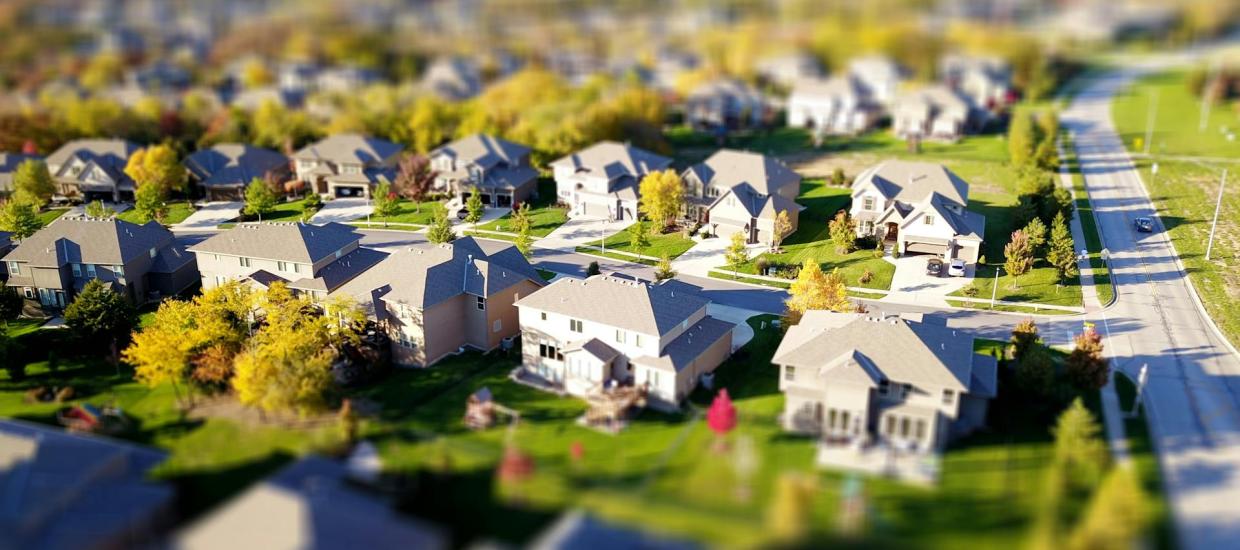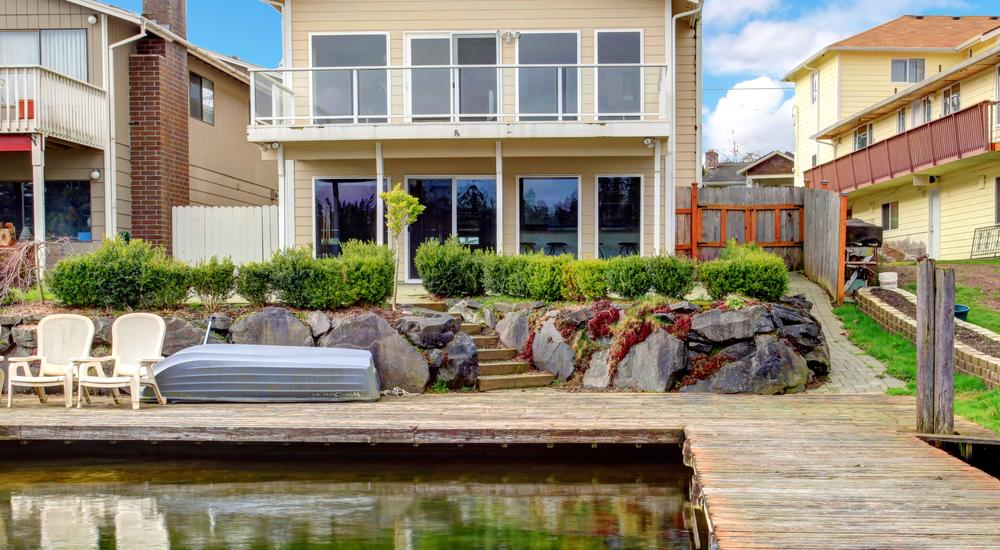
Before deciding to purchase a home (lakefront or not), one of the most important things you must do – one that buyers often forget – is to speak to the homeowner’s association (HOA) before buying.
The homeowner’s association is the organization that sets the regulations and rules for the community. Regulations and rules that often affect what you can and can’t do with your property.
Because of this, the following are a few questions that you should be sure to ask the local homeowner’s association before deciding to purchase any new house:
1. What are the rules?
 You won’t want to break any rules simply because you don’t know what they are. Not to mention, it’s good to know what the rules are up front in case they end up restricting you from doing something that you wanted to do.
You won’t want to break any rules simply because you don’t know what they are. Not to mention, it’s good to know what the rules are up front in case they end up restricting you from doing something that you wanted to do.
For example, some homeowner’s associations won’t allow you to build any additional structures onto your property. Such a restriction would be problematic if you were looking to add a deck, patio, or porch area.
There are smaller rules to be on the lookout for as well, such as whether you’re allowed to have pets. What a disaster it would be if you bought a home only to find out you’re not allowed to keep your dog there! Be sure to take a look at the list of restrictions that the homeowner’s association has put into place.
Some commonly covered guidelines in homeowner’s association rules and regulations include:
- The home paint color
- The ownership of pets
- Where you are allowed to park
- Whether you can build decks or patios
- Whether you can run an at-home business
- What type of landscaping you’re allowed to do
- Whether you can have satellite dishes
- How high your fence can be
- Whether you can have a fence on your property
- Whether you can put up mailboxes, flags and other items in your yard
2. How much are the dues?
If you live in a neighborhood that has a homeowner’s association, then you’ll have to pay dues. These dues vary from one homeowner’s association to another in both cost and how often payment is due. Typically, dues are paid monthly, quarterly, or yearly. As soon as you become a homeowner within the community, you’ll be legally obligated to pay these dues. It’s important to figure out what the dues are ahead of time so that you can better plan out your financial arrangements.
3. How often are the dues increased?
Find out how often HOA dues are increased and by how much. If dues don’t change often – and when they do they are by a small amount – then you won’t have to worry much. However, if the dues regularly increase and by a large amount, then this is a factor you need to take into account when deciding on the purchase of the home.
4. How much are the assessments?
You’ll also have to pay for assessments that cover work such as snow removal or trash collection as well as for maintenance for community areas, such as playgrounds or pools. Just like knowing what your association dues will be, knowing how much the assessments will cost is integral to figuring out your finances and whether or not you can afford to live within a specific community.
5. What is the current state of the homeowners association?
Find out if there are any issues between the HOA and any of the homeowners. Are there a lot of ongoing issues between them? Has there been a history of litigation or other issues? You may not want to deal with an HOA that has a bad reputation amongst residents in the community. Ask the homeowner’s association if you can see notes on a previous meeting. You can often tell by the notes whether they are picky about the rules or lenient. Be sure to walk around the neighborhood and ask some of the homeowners for their opinion on the homeowner’s association as well.
6. What do their reserves look like?
Ask to see financial statements for the last few years as well as the current and future budgets. You should look at the reserves for things such as sidewalk repair as well as at the maintenance contracts to make sure that they are reasonable. You’ll want to make sure that the dues and assessments that you will pay will be put to good use, after all.
These are some of the things that you’ll want to ask the homeowner’s association before you make the final decision to purchase a new home. Neglect speaking with them and you could end up having some real issues in the future as a homeowner within the community.





 You won’t want to break any rules simply because you don’t know what they are. Not to mention, it’s good to know what the rules are up front in case they end up restricting you from doing something that you wanted to do.
You won’t want to break any rules simply because you don’t know what they are. Not to mention, it’s good to know what the rules are up front in case they end up restricting you from doing something that you wanted to do.